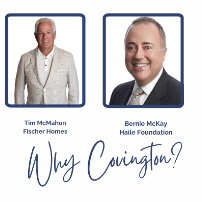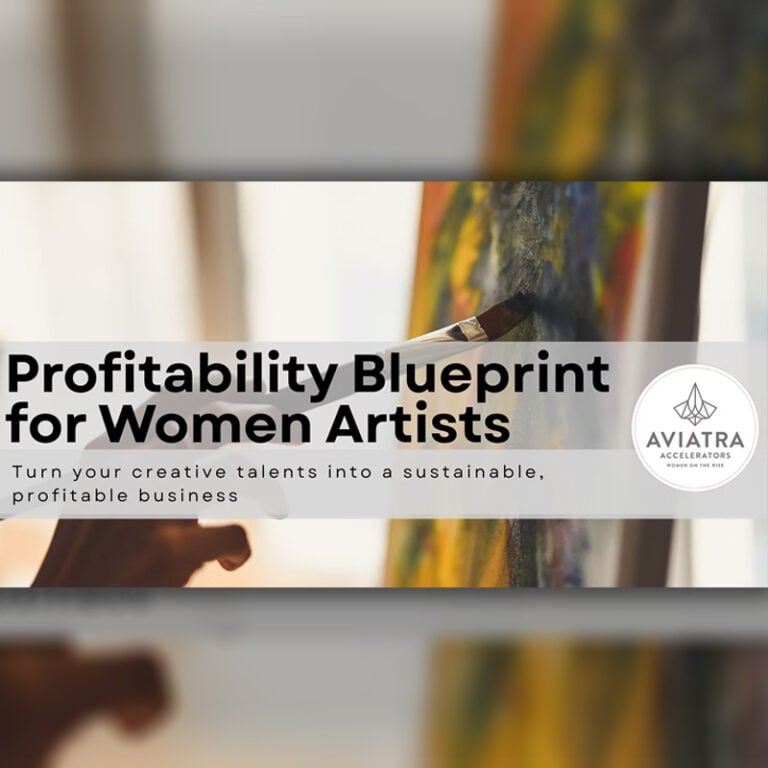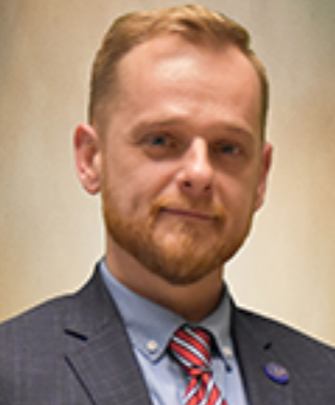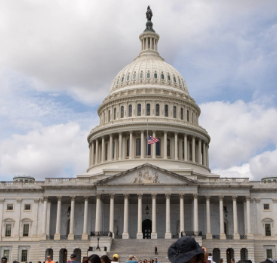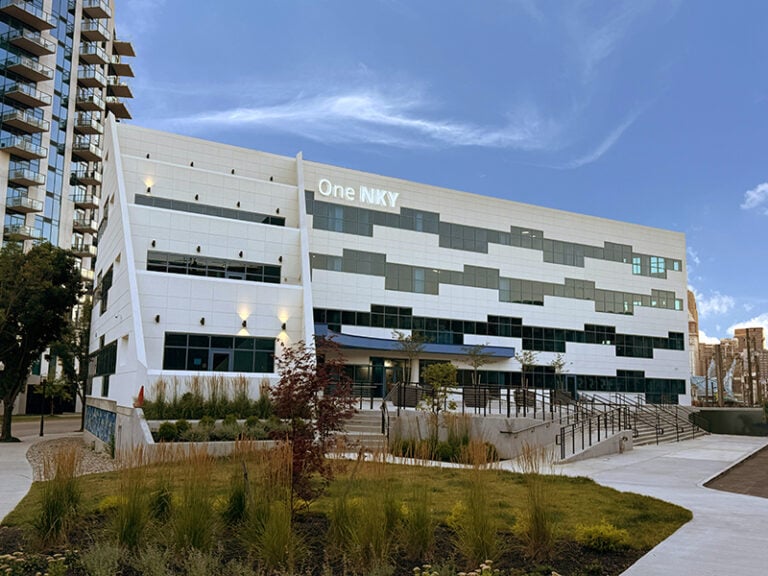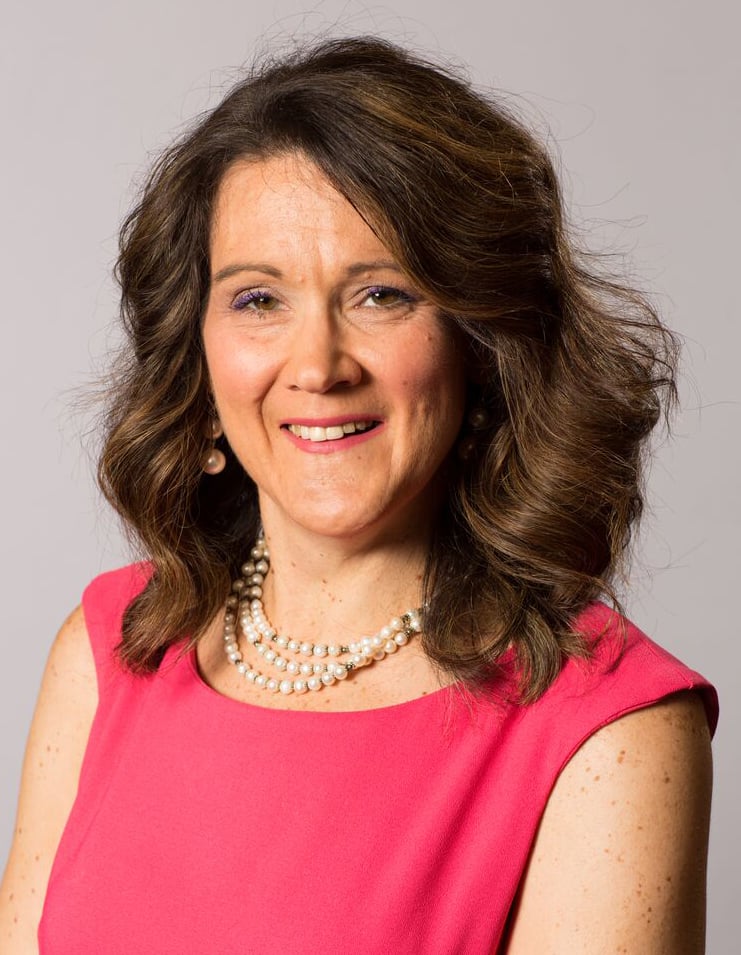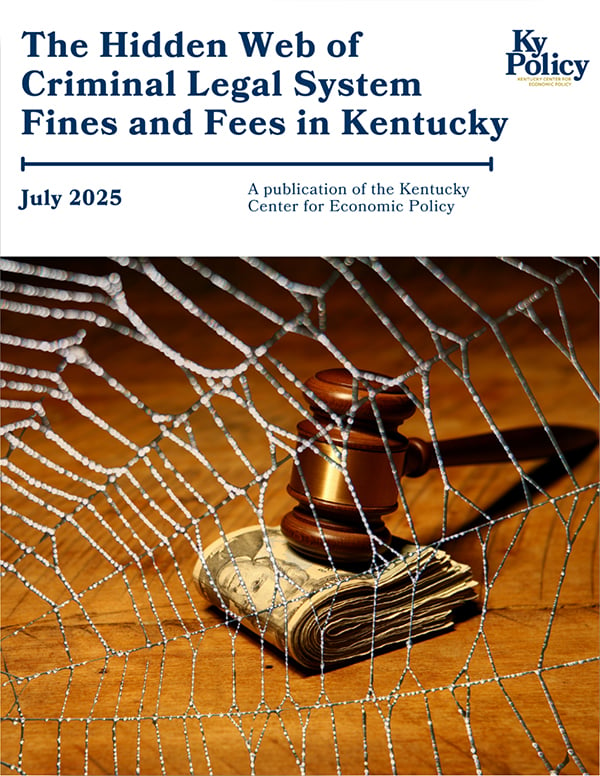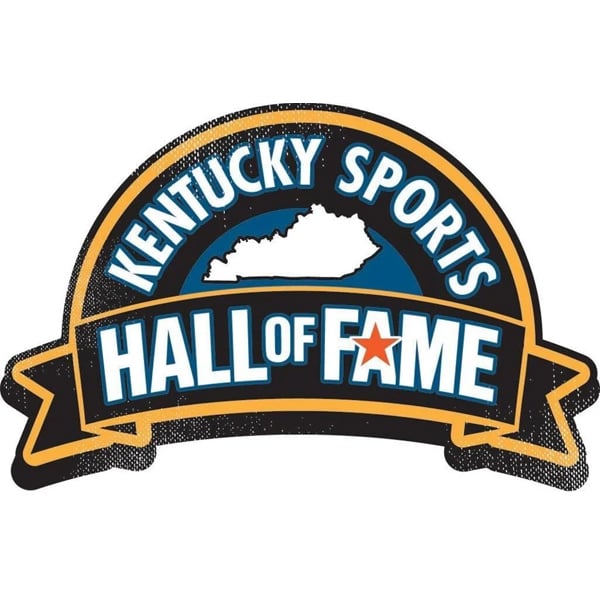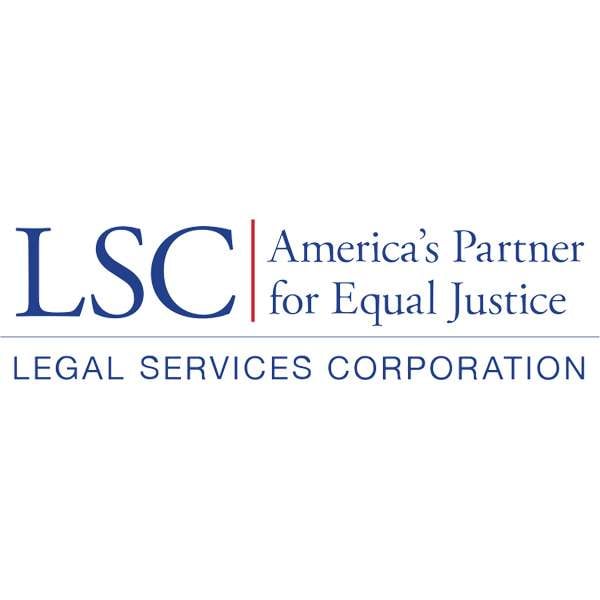By Jonathan Coffman
Special to NKyTribune
Forecastle Festival, Louisville’s music, arts and activism festival (July 17-19), released its lineup of artists, and among them are such internationally recognized acts as Sam Smith – a multiple Grammy winner last night – and My Morning Jacket.

But despite the festival’s ability to draw top acts, it wasn’t exactly an overnight success. In fact, it might not exist at all if founder JK McKnight’s music studio had not flooded.
It happened like this:
McKnight, who was raised in Louisville, returned to his hometown to pursue a career as a musician in 2002 after attending College of Charleston. He had his own band, then moved on as a solo artist, managing himself while booking his own shows.
Once home, McKnight went through a period of “super isolation.” But as a musician, he said he was able to find a spark to reconnect with the community.
“I’m a musician, I’m writing all this music, I’m trying to start a career here,” said McKnight. “Why not start this festival?”
The first Forecastle Festival featured six bands and was held at Tyler Park in 2002. Arts and activism elements were added to the festival in 2003, and the audience tripled. The latter was put together on the same budget as the first, between $500-$1,000, but people connected with it differently, McKnight said.
It soon became clear that McKnight would have to choose between the festival and being a musician. In a twist of fate, a flood effectively made the decision for him – his music studio was destroyed by an overflowing creek.
“I remember thinking that I couldn’t do the festival and my music on the same parallel forever,” said McKnight. “I was devastated about the studio, it was the perfect space. But it made the decision a lot easier.”
In 2005, there was another turning point in the festival as it moved to Cherokee Park. This was the first time that the nautical theme became noticeable. It was becoming equal parts music, arts and activism. The brand was starting to take shape.
McKnight recalls being “chewed out” by a work associate when he first proposed the festival be taken to Waterfront Park, he says.
“‘Are your parents ready to put up their house?’” said McKnight, recalling the man’s words. “‘Do you even know what you’re doing?’”
The conversation sunk in and McKnight came to the conclusion his associate was right; he was trying to build things too quickly. He later decided the next festival would instead move to Mellwood Arts and Entertainment Center.
The following three years were among the most challenging, McKnight said. Obtaining licensing and building the festival’s brand became a priority. Despite the challenges, the festival continued to grow and by 2010 made the move to Waterfront Park.
“It was kind of like the sensation of having a baby, as people say,” said McKnight. “We were really glad to have gotten there but it was extremely terrifying.”
McKnight had managed the festival for more than a decade. Today he has help from a team that “works great together,” he said.

“My hours are much more normal than they used to be. During those developmental years it was not uncommon for me to work 16-, 20-, sometimes 24-hour shifts. That was not uncommon.”
Even with the festival’s success, McKnight chooses not to look back.
“There will be moments when I’m out on the Waterfront, walking my dog or something, and a wave of emotion will come over when I think how far it’s come,” he said. “But there will be years later where I can be thinking about it. For now, there are still things to be done.”
McKnight is not sure the public realizes what goes on behind the scenes for Forecastle. There are dozens of departments in charge of various festival aspects. Art design and activism are two of the areas that require major attention. The artistic props for the festival’s nautical theme alone fill an entire warehouse. The Forecastle Foundation, the festival’s activism sister organization, has raised over a $100,000 in the past couple years.
McKnight stresses the importance of being equal parts music, arts and activism.
“You see a lot of festivals that say music, arts and activism, but a lot of times it’s not backed up,” said McKnight. “When you come to Forecastle, you realize it is backed up.”
The festival’s music lineup is assembled each year with the audience’s interest in mind and with an emphasis on including an eclectic group of genres.
“When you look at our lineup, it may be very diverse, but it’s also very high quality from the top to the very bottom,” said McKnight.
Favoring quality over quantity when it comes to the band lineup is Forecastle Festival’s way of gaining its audience’s trust. McKnight hopes that the festival can gain enough trust that attendees will come to discover new artists.
Representing Louisville’s local acts and nationally recognized acts from the state and region is another important aspect of the festival. This year’s lineup features My Morning Jacket from Louisville, Houndmouth from the border with Indiana, Cage the Elephant from Bowling Green and more.
The lineup proves exciting for McKnight because of the variety of genres, some returning artists and what he expects to be some “pretty amazing moments.”
As far as the festival has come, McKnight still believes there is plenty of room for growth for Forecastle and other festivals in the United States.
“Everyone just needs to find their own niche and focus on creating their own unique identity,” said McKnight. “If so, festivals will only continue to grow.”
Tickets are on sale now – click here.
This story first appeared on KyForward.
Jonathan Coffman is a senior journalism major at the University of Kentucky.







